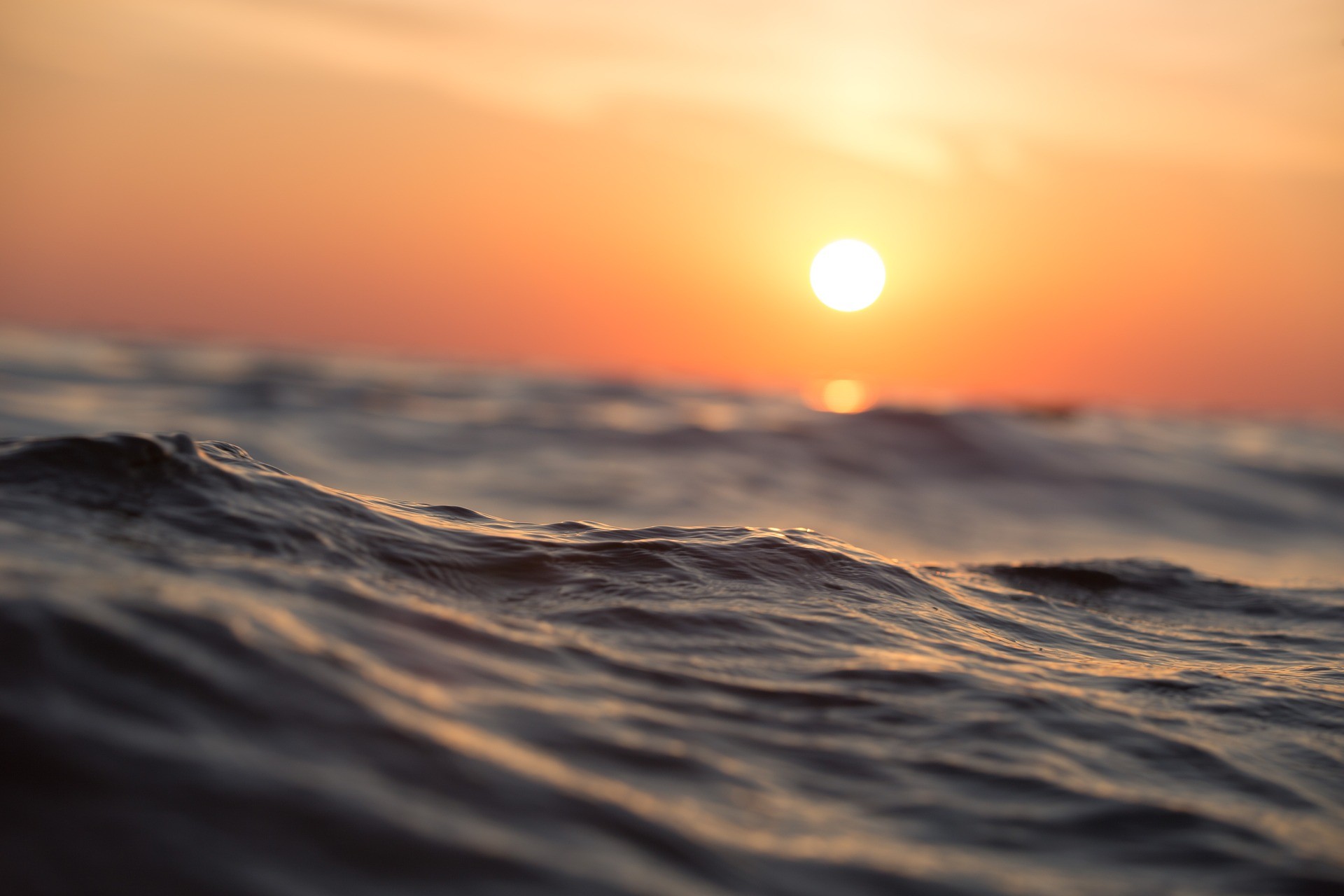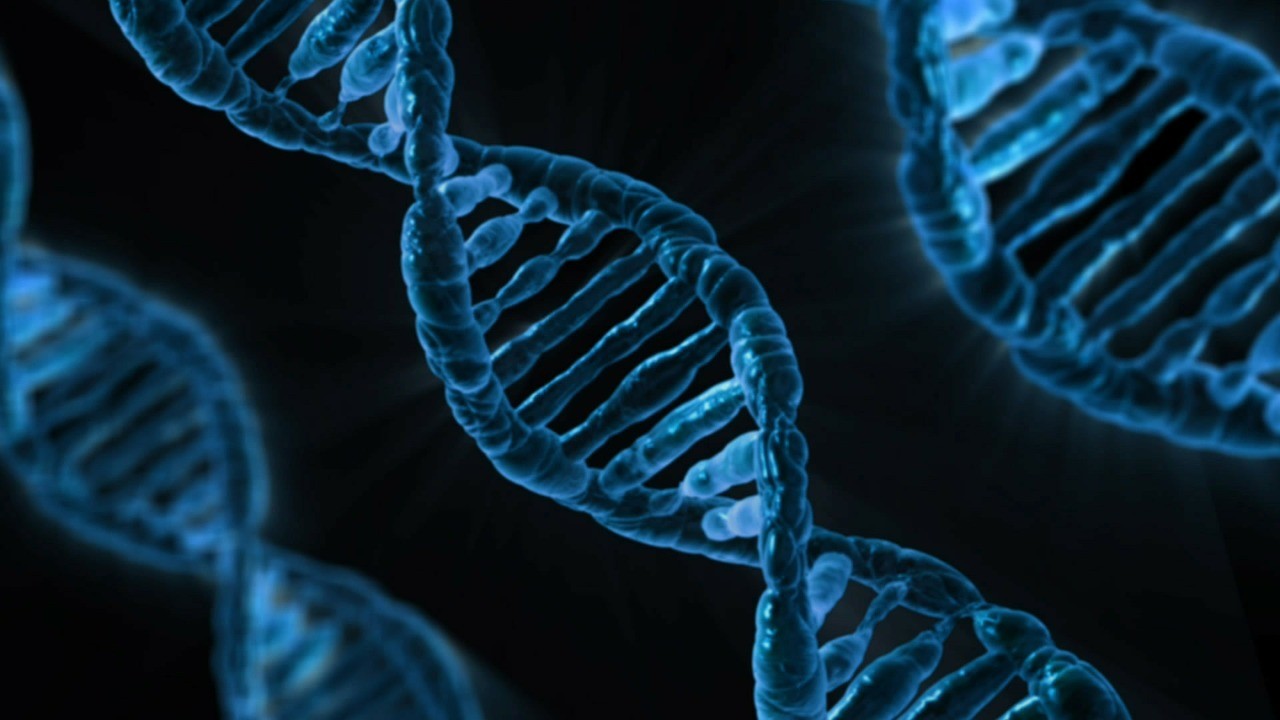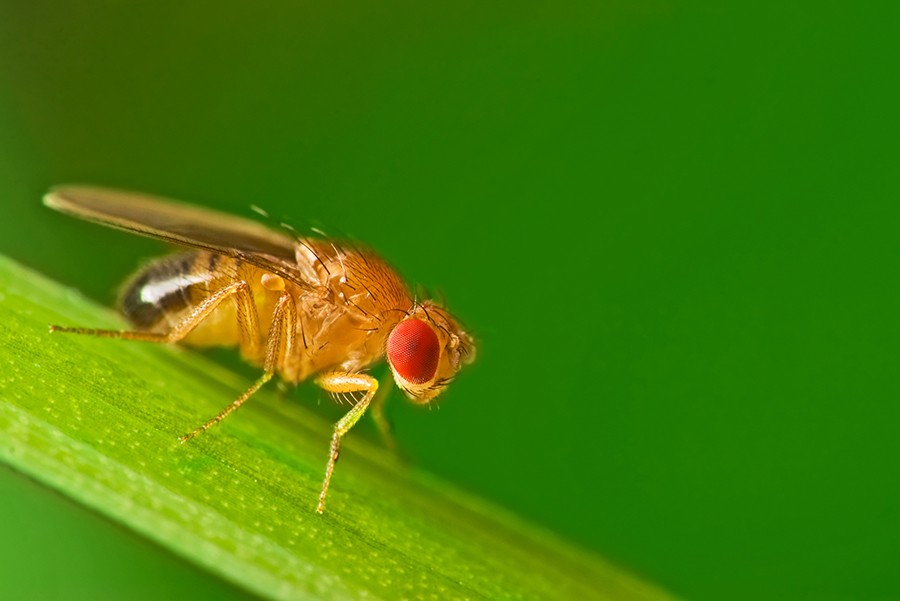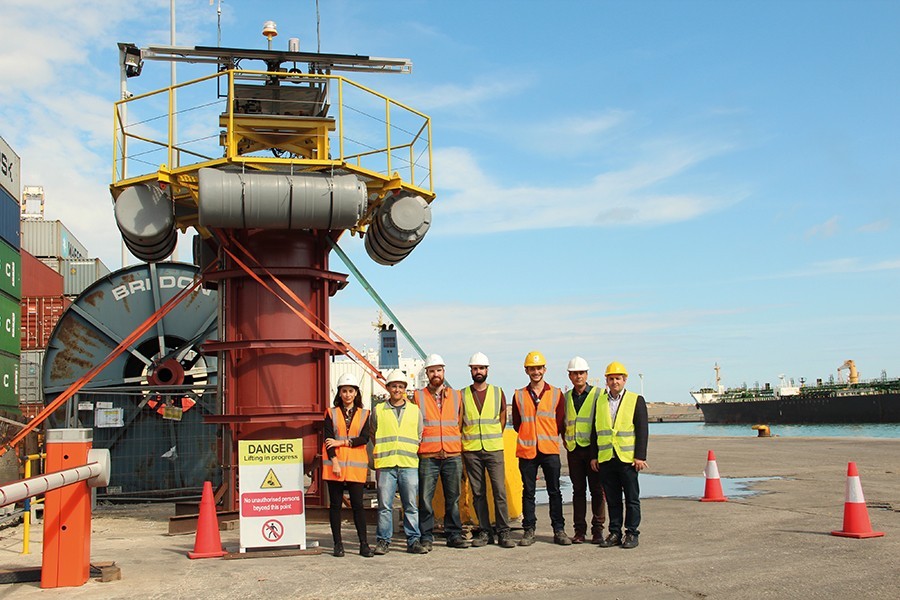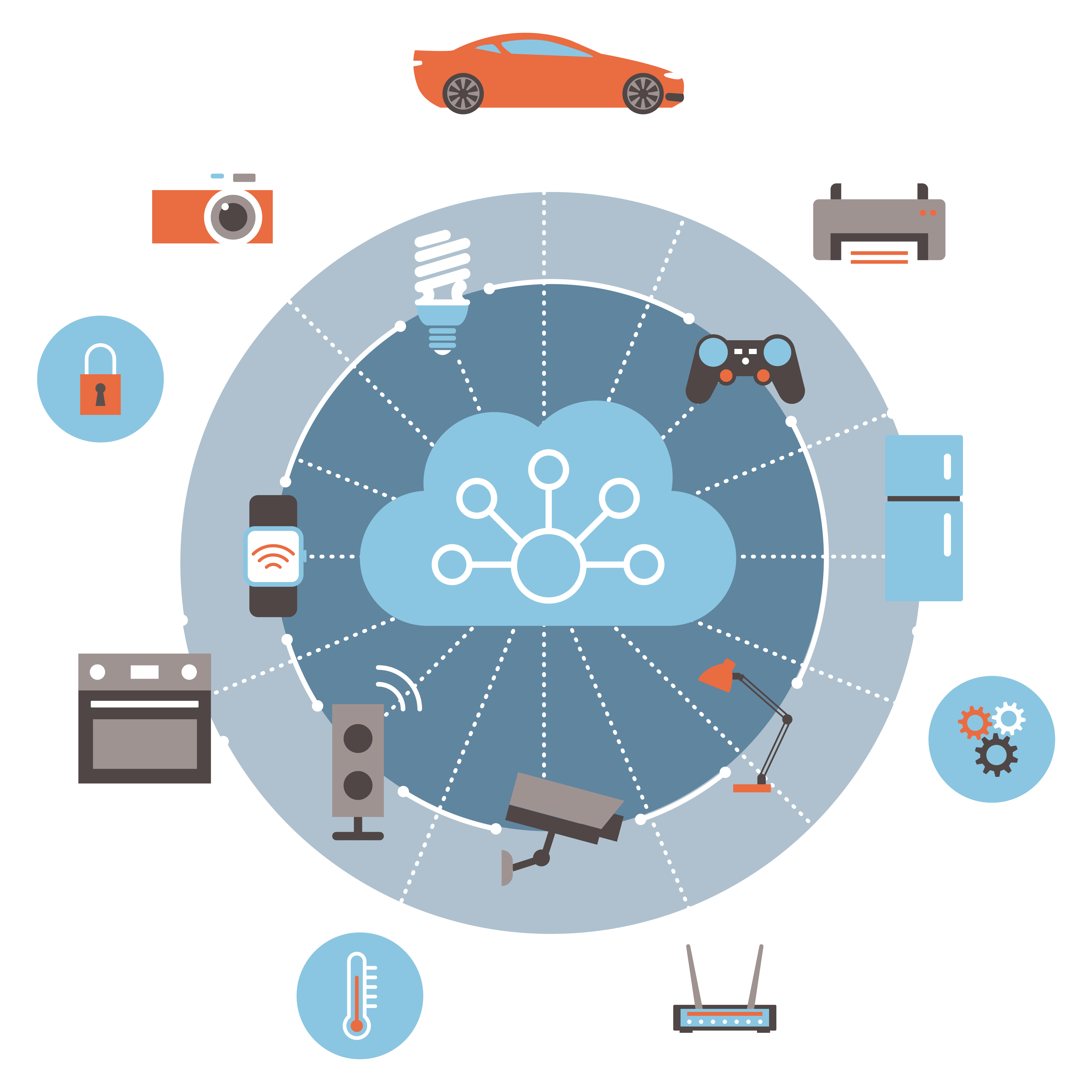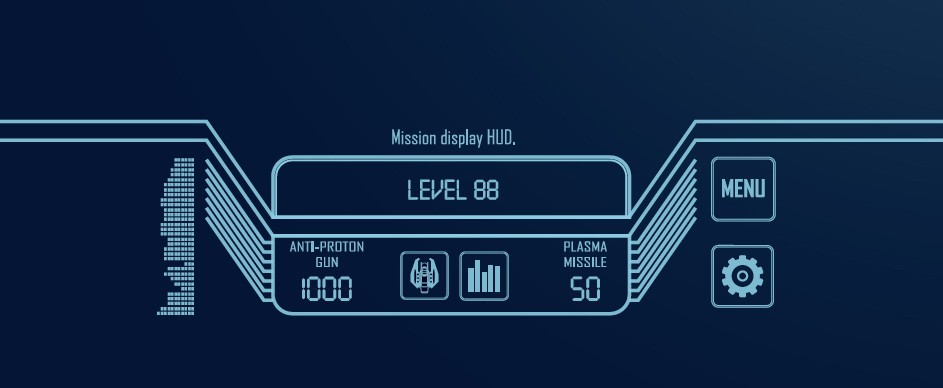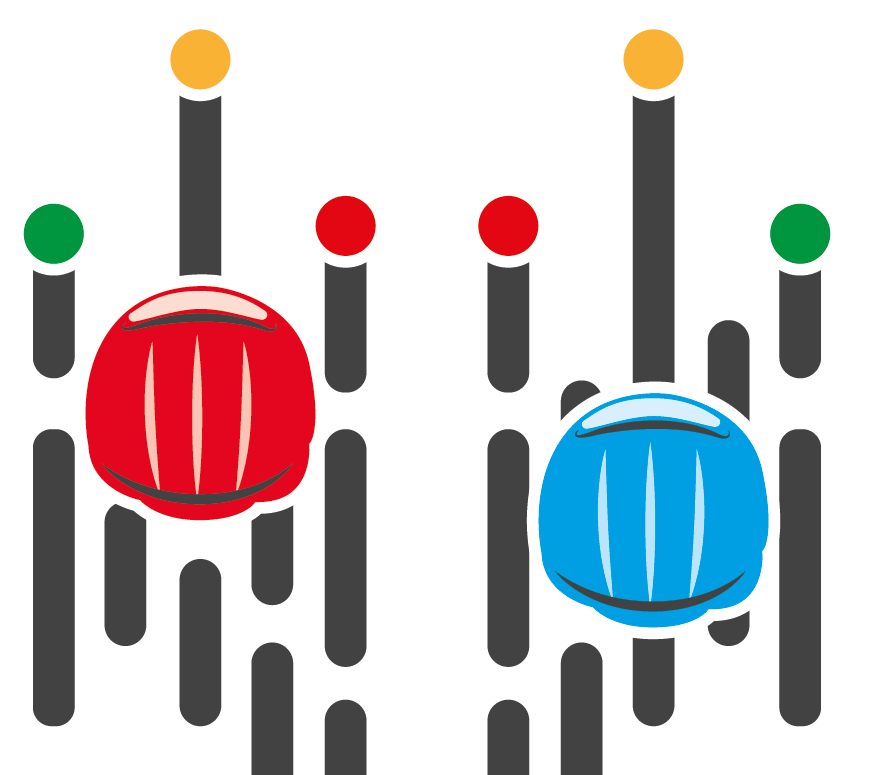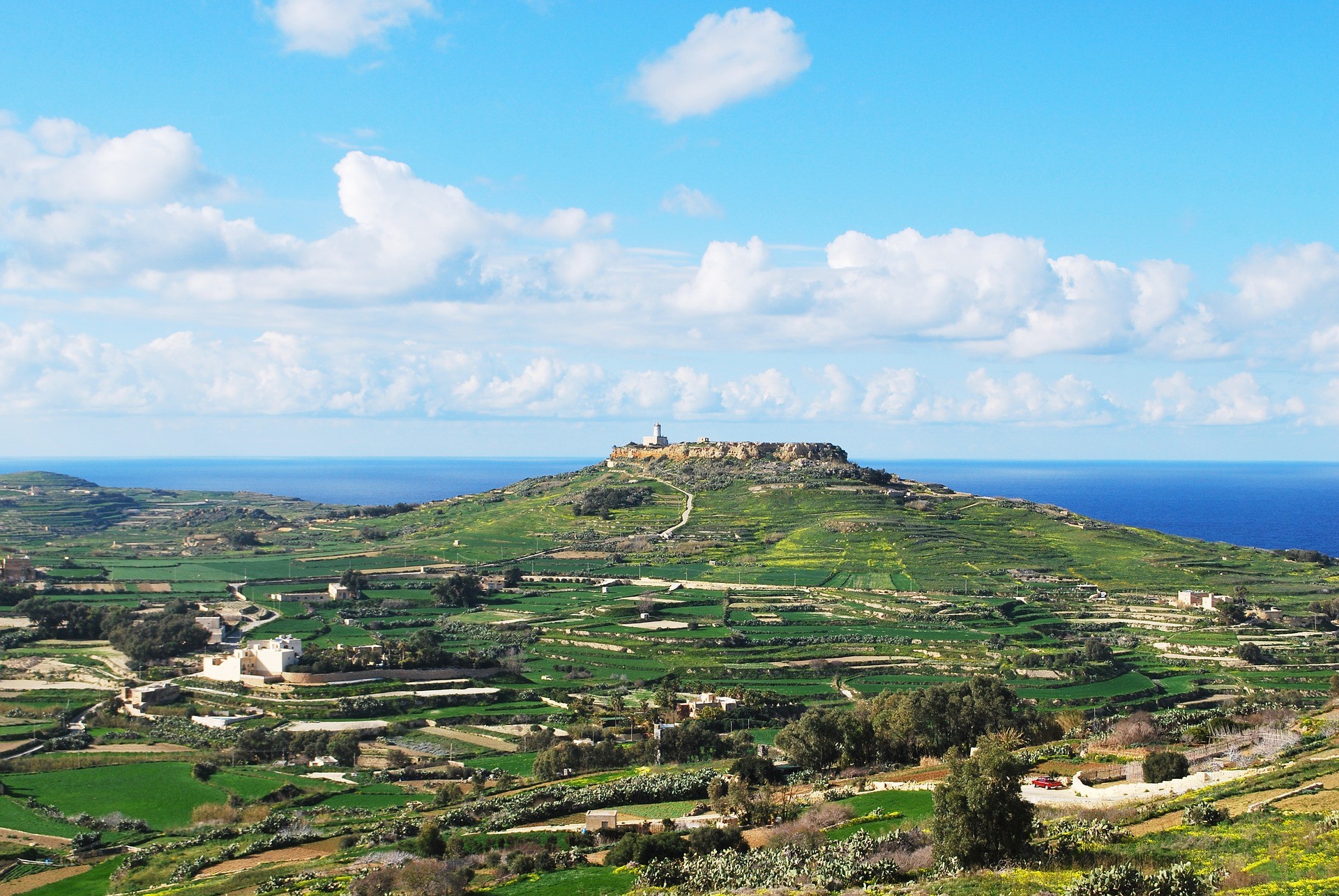Hailing a new era for ocean literacy
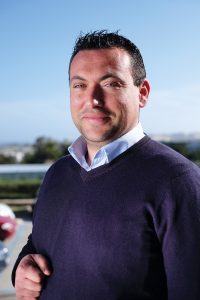
The Maltese Islands, despite their miniscule terrestrial extent, have always managed to punch way above their weight when it comes to aquatic matters. Hosting the International Ocean Institute, the Islands also have a pivotal role in the formulation of the Law of the Sea through the Maltese representative to the United Nations, Arvid Pardo. The ‘father of the law of the sea’, as he is affectionately known, delivered a prophetic speech to the UN General Assembly on November 1st, 1967. He described the sea as ‘the common heritage of mankind’, a phrase which still resonates to this very day, and which is enshrined within Article 136 of the United Nations Convention on the Law of the Sea.
Europe’s seas are currently being assessed more than ever for their potential, as Blue Growth (the long term strategy to support sustainable growth in the marine and maritime sectors as a whole) gains greater traction throughout the continent. We are plumbing our seas to greater depths in the search for elusive minerals, cures, genetic resources, energy sources, and a plethora of other untapped assets. In the race to unlock more of the ocean’s secrets, ocean literacy assumes a compelling role—to revise the paradigm of human impacts on our ocean so far. In fact, in the history of human exploitation of the ocean, we first exerted deleterious impacts on the ocean environment, only to become aware of those impacts and resort to ocean literacy to generate further awareness, control, and change.
The challenge now is to anticipate developments. A precautionary approach is needed to soften impacts when venturing into unchartered grounds. Some might label this utopic, I prefer to call it ‘foresight.’ For us to reach this stage, governments and institutions must invest heavily in ocean literacy to ensure more responsible use and treatment of that 70% of our planet. It is imperative for potential investors to have a grounding in ocean literacy principles, with the aim of paralleling the considerable success being had introducing ocean literacy concepts within school curricula and initiatives across Europe.
We are gearing up towards the International Decade of Ocean Science for Sustainable Development. Proposed by UNESCO last June at the Ocean Conference in New York, it will span from 2021 until 2030. The considerable number of abstracts submitted for the European Marine Scientists Educators Association (EMSEA) Malta conference, now approaching the 70 mark, is testimony to the profile that EMSEA has managed to achieve since its establishment a decade ago. It also confirms the status that ocean literacy now holds across the European continent and beyond. Let’s keep the momentum going!
Author: Prof. Alan Deidun
Read more here: http://www.emsea.eu/
Shifting power dynamics in genomic research
Donation of human tissues has been at the core of medical research in Europe since religious restraints were relaxed towards the end of the Middle Ages, making this altruistic act socially and morally acceptable. Altruism is the key word—the individual donates their tissues for the greater good: for the advancement of science, the extension of boundaries of medical knowledge, and for the potential to deliver better medical care. The individual donating their tissues or blood does so with no expectation of return or personal gain, and hands over sample ownership to the scientific community in confidence that ethical use will be made of it.
Many would assume this is still the case… but is it? Genomic research has opened up new and exciting avenues for medical research that have the potential to dramatically transform the way medical practitioners strategically select treatment regimes. Personalised medicine is no longer a pipe dream, it is clearly in the cards—the pack has been dealt, and the game is well underway.
The game-changer here is the genome. The established practice of donors passively handing over their samples of blood or tissues for research is impacted by the fact that DNA is in focus here. Their DNA.
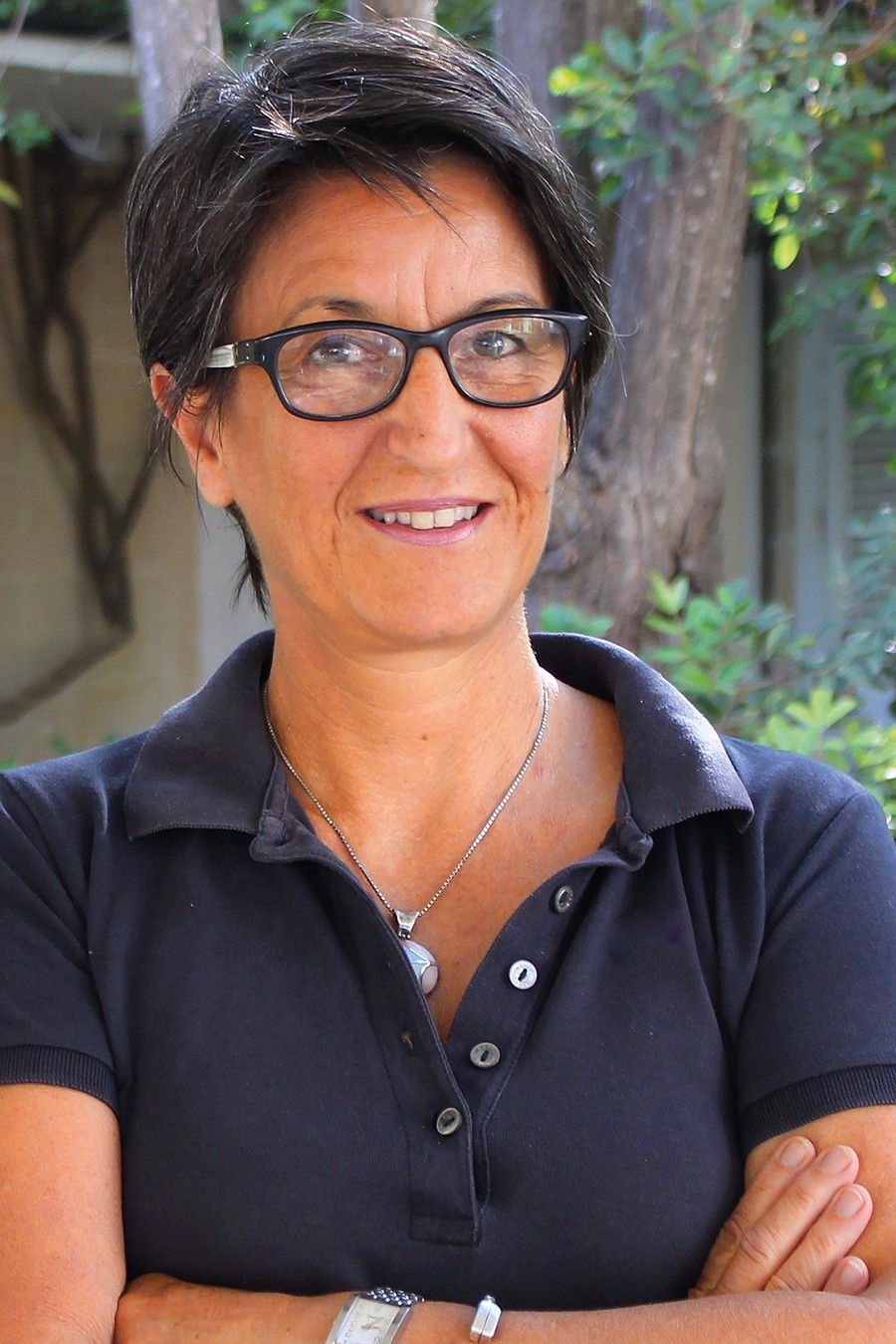
Should this make any difference? Some argue that the fundamental process of donating for the greater good, with no consequent active involvement, is still the cornerstone of the process. There are, however, important shifts in the current social and cultural context that impact the researcher-donor dynamic. Two of these are of particular relevance here. The first is knowledge: the accessibility (via the web) of information about the research process, its impacts and applications, have led to the burgeoning new field of citizen engagement in research. Genomic research, in particular, attracts participants who are personally motivated in the process, with research into genetically linked diseases offering hope for their relatives and future generations. The second shift is that of rights over personal data. Individuals’ rights to the control of their personal data are to be entrenched in the General Data Protection Regulation in May 2018. This EU regulation will sanction a process that is already clear in practice: the trend for individuals to demand control over the ways their personal data are used and stored.
This is where the detached and passive sample ‘donor’ exits stage left, and the research participant takes the limelight. Cynics might claim that nothing much has changed. Samples are collected with consent and research continues, but there is an exciting difference in the dynamics involved. The participant now has the potential to remain engaged by using a process of web-based consent. The various versions of this eConsent or ‘dynamic consent’ that are now available offer the participant and researcher a real-time channel of communication which enables optimum use and reuse of the sample and the accompanying personal data that make it so valuable. The biomedical samples now come with persons digitally-attached: individuals who actively engage in the research process by offering flexible consent via web-based tools. When pooled and stored within biobanks, these samples offer a viable source of DNA with real potential for wide use in research.
Within this scenario, ethicality is enhanced as banked anonymised samples can be used to their full potential and shared, with consent, within the research community. In this way doing justice to the individual participant’s key motivation: to advance scientific knowledge for the benefit of future generations.


